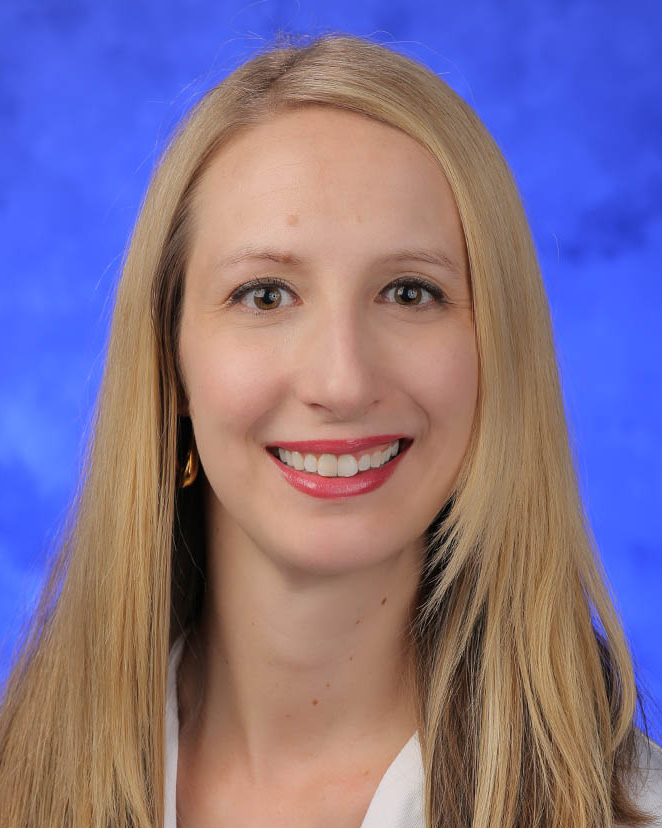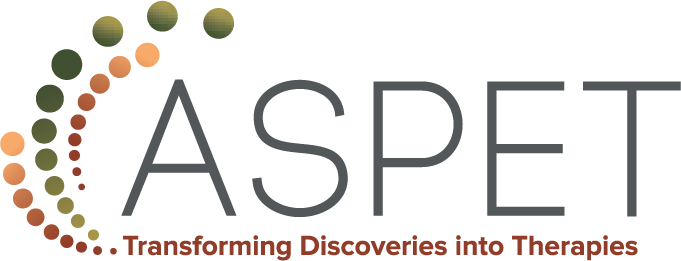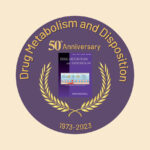A Conversation with ASPET’s Council Member Amy Arnold, PhD

Amy Arnold, PhD, is a member of the ASPET Council. She holds a doctorate in Physiology and Pharmacology from Wake Forest University. Dr. Arnold is passionate about the importance of connecting research, teaching, service and mentoring trainees at the undergraduate, graduate, medical and postdoctoral levels in translational pharmacology-based cardiovascular research. She currently serves as Associate Professor of the Department of Neural and Behavioral Sciences at Pennsylvania State University College of Medicine.
An ASPET member since 2006, Dr. Arnold has participated on numerous ASPET committees and volunteer opportunities. She has been member, secretary-treasurer and chair of the Recruitment Subcommittee for the Division for Cardiovascular Pharmacology Executive Committee; member of the Division for Pharmacology Education Executive Committee; and member of the Nominating Committee. Dr. Arnold offers her insight and guidance for young scientists.
How did you get started in pharmacology?
I joined the PhD program in Physiology and Pharmacology at the Wake Forest University School of Medicine in 2006. During that time, I was exposed to basic principles of pharmacology and performed research investigating how drugs acting within the central nervous system can modify cardiovascular function in rodent models of hypertension in aging. This experience ignited my passion, and led to my postdoctoral fellowship in the Division of Clinical Pharmacology at Vanderbilt University where I conducted cardiovascular pharmacology research in patient populations.
How did you first get involved with ASPET?
I was encouraged by my graduate mentor, Dr. Debra Diz, to become actively involved in ASPET. She had been involved with the Division for Cardiovascular Pharmacology for several years and encouraged me to seek a position on their executive committee as a trainee representative. This committee service continued throughout my postdoctoral fellowship and early faculty position and helped me to network and actively give back to the Society including promoting trainee benefits and opportunities within the Division.
What do you want the ASPET membership to know about you and your ideas on how to move the organization forward during your term?
In line with the ASPET strategic plan goals, I would like to help ensure the society is seen as the professional home for pharmacology. This includes advocating for continued inclusion of pharmacology in medical and graduate education, and encouraging trainees to become involved, and stay involved, within the Society. I am also passionate about translational research and would like to help expand connections between foundational and clinical pharmacology research in order to bring a unique perspective to the Society in terms of enhancing outreach, increasing a diverse membership, and promoting exciting and cutting-edge science for our members.
What has been your proudest accomplishment in your career so far?
My proudest accomplishment has been mentoring numerous trainees at the undergraduate, graduate, medical and postdoctoral levels in translational pharmacology-based cardiovascular research. I love watching them explore their passion for research and succeeding in terms of getting grants, publishing papers, giving presentations and ultimately getting the positions they want. This is incredibly fulfilling.
What advice would you give young scientists who are just starting out in their careers?
There are so many things! My biggest advice would be to protect your time and practice effective time management so that you can strike a balance between work and having a fulfilling personal life. There will always be more work and never a “right time” to do things. Make time for yourself to do the things that make you happy and learn to say no to opportunities that don’t feed into your overall goals. Also, be your own advocate. Don’t be afraid to take chances, nominate yourself, seek opportunities for advancement and change paths when needed.

